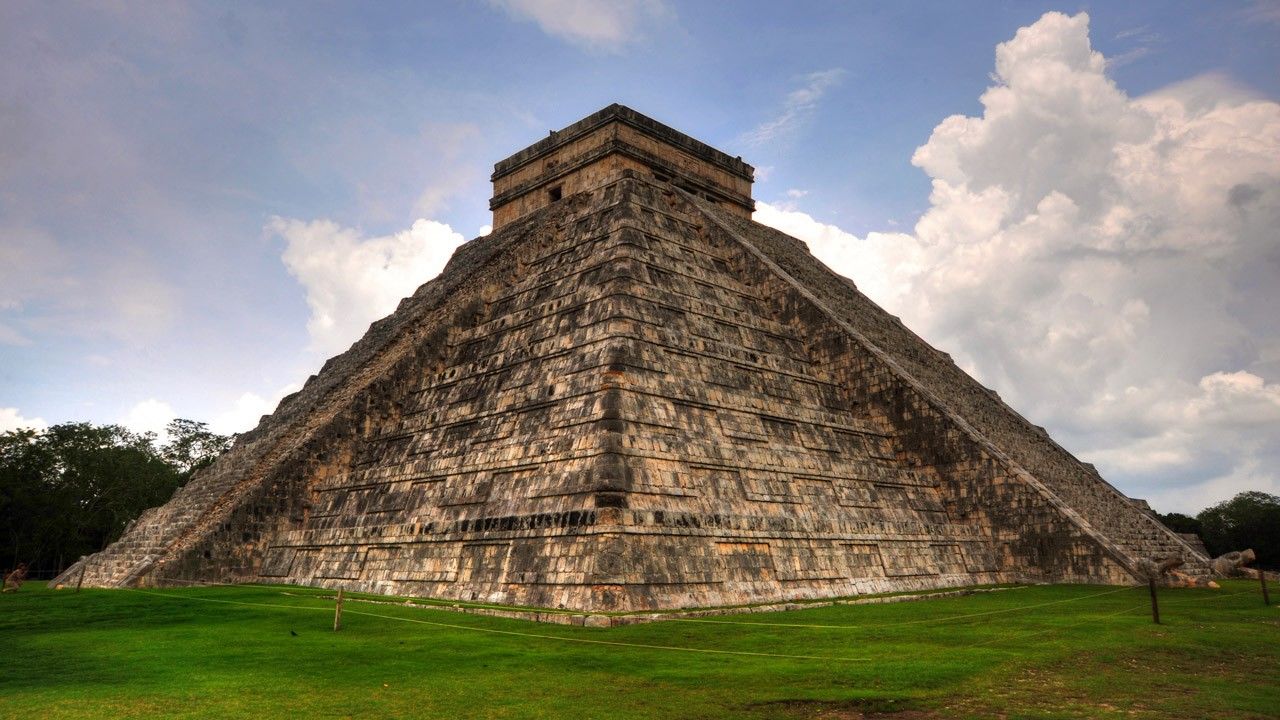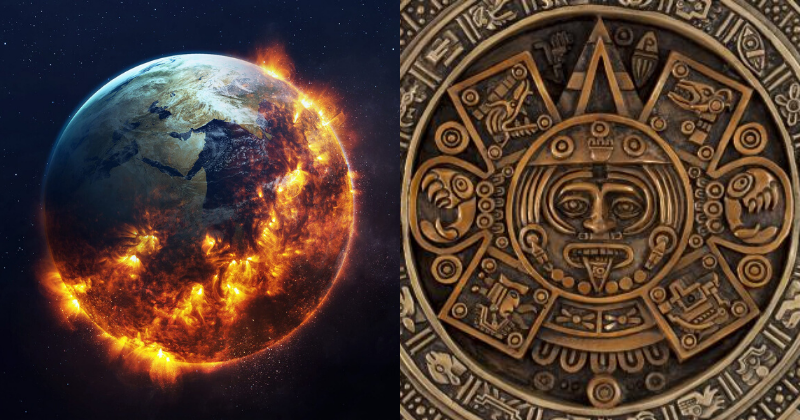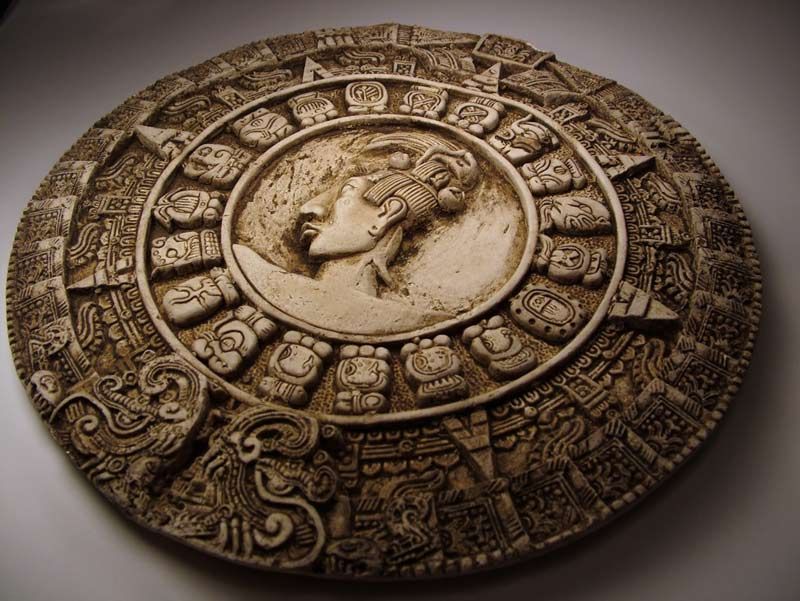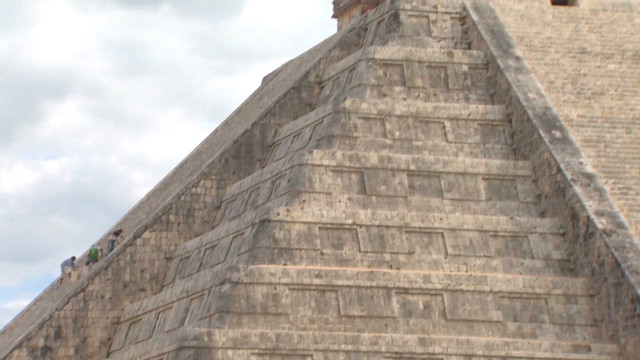2025 Mayan Calendar Doomsday: Fact or Fiction?
Related Articles: 2025 Mayan Calendar Doomsday: Fact or Fiction?
- MAS T-Bill Issuance Calendar 2025
- Calendario 2025 Diciembre Para Imprimir
- Hindu Calendar 2025 February: A Comprehensive Overview
- Calendario 2025 Hoje: A Comprehensive Guide To The Year Ahead
- November 2025 Calendar: Important Days
Introduction
With enthusiasm, let’s navigate through the intriguing topic related to 2025 Mayan Calendar Doomsday: Fact or Fiction?. Let’s weave interesting information and offer fresh perspectives to the readers.
Table of Content
Video about 2025 Mayan Calendar Doomsday: Fact or Fiction?
2025 Mayan Calendar Doomsday: Fact or Fiction?

For centuries, the Mayan civilization has captivated the world with its advanced knowledge of astronomy, mathematics, and architecture. Among their most enigmatic creations is the Mayan calendar, a complex system of interlocking cycles that has been used to track time for millennia.
One of the most intriguing aspects of the Mayan calendar is the end date of the Long Count calendar, which corresponds to December 21, 2012. This date has been interpreted by some as a prophecy of the end of the world, leading to widespread speculation and anxiety.
However, it is important to note that the Mayan calendar is not a linear progression but rather a cyclical system. The end of the Long Count calendar simply marks the completion of one cycle and the beginning of another.
Evidence Against the 2012 Doomsday Prophecy
There is no scientific evidence to support the claim that the world will end on December 21, 2012. In fact, there are several reasons to believe that this prophecy is unfounded:
- The Mayan calendar is not a linear progression. As mentioned earlier, the Mayan calendar is a cyclical system, and the end of the Long Count calendar simply marks the completion of one cycle and the beginning of another.
- The Mayans themselves did not believe in the end of the world in 2012. Mayan texts and inscriptions make no mention of any catastrophic events occurring on this date.
- The Mayan calendar has been proven to be highly accurate. The Mayan calendar has been used to accurately predict astronomical events for centuries, and there is no reason to believe that it would suddenly become inaccurate in 2012.
The 2025 Mayan Calendar Gencat
In addition to the 2012 doomsday prophecy, there is another Mayan calendar-related event that has garnered some attention: the 2025 Mayan Calendar Gencat. The Gencat is a hypothetical event that is said to occur on December 21, 2025, and is believed to mark the beginning of a new era of peace and harmony.
The Gencat is based on the interpretation of the Mayan calendar by Carlos Barrios, a Guatemalan spiritual leader. Barrios claims that the Gencat will be a time of great change and transformation, during which the world will enter a new age of enlightenment.
Evidence for the 2025 Mayan Calendar Gencat
While there is no scientific evidence to support the Gencat prophecy, there are some intriguing coincidences that have led some to believe that it may have some validity:
- The Gencat date coincides with the winter solstice. The winter solstice is a time of great astronomical significance, and it is often associated with new beginnings and changes in the seasons.
- The Gencat date is close to the end of the Mayan Long Count calendar. The end of the Long Count calendar on December 21, 2012, is a significant event in Mayan history, and it is possible that the Gencat is somehow related to this event.
Conclusion
Whether or not the 2025 Mayan Calendar Gencat is a real event remains to be seen. However, it is important to remember that the Mayan calendar is a complex and fascinating system that has been used to track time for centuries. While there is no scientific evidence to support the doomsday prophecies associated with the Mayan calendar, it is certainly possible that the Gencat could mark a significant turning point in human history.








Closure
Thus, we hope this article has provided valuable insights into 2025 Mayan Calendar Doomsday: Fact or Fiction?. We thank you for taking the time to read this article. See you in our next article!